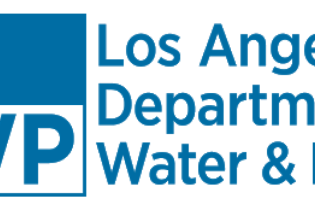Search
Program
Colorado and Utah Lands with Wilderness Characteristics and Greater Sage-Grouse Funds
The Colorado and Utah Greater Sage-Grouse Funds will support projects such as fee title and conservation easement acquisitions, sagebrush restoration and habitat improvement, and juniper / conifer removal. The Colorado and Utah Lands with Wilderness Characteristics Funds will support projects such as restoration, reclamation, and enhancement of certain lands; fee title and conservation easement acquisitions; and public outreach, education, and interpretation. Funding awards will be made by the National Fish and Wildlife Foundation (“NFWF”) to selected applicants for implementation of mitigation projects that best satisfy the evaluation criteria, as verified and approved by the United States Bureau of Land Management (“BLM”).Image
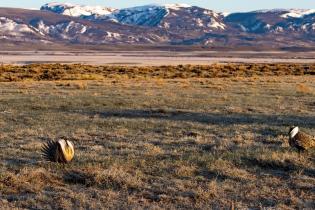
Program
Refugio Beach Oil Spill Settlement – South Coast Shoreline Parks and Outdoor Recreation Grants Program
The National Fish and Wildlife Foundation, together with the California Department of Fish and Wildlife, California Department of Parks and Recreation, California State Lands Commission, and Regents of the University of California (collectively the “State Trustees”), established the Refugio Beach Oil Spill Settlement – South Coast Shoreline Parks and Outdoor Recreation Grants Program with funds it received on behalf of the State Trustees from settling defendants pursuant to a consent decree in the matter of the United States of America and People of the State of California ex rel. California Department of Fish and Wildlife et al. v Plains All American Pipeline, L.P. et al. These funds will be used to fund recreationally-based shoreline projects to benefit public access to, and use and enjoyment of, natural and cultural resources downcoast of El Capitan State Beach in Santa Barbara County to Long Beach in Los Angeles County. The projects are intended to compensate the public for loss of use and enjoyment of natural resources, parks, public beaches and other public resources downcoast of El Capitan State Beach in Santa Barbara County to Long Beach in Los Angeles County as a result of the Refugio Beach oil spill. Additional settlement funds are being separately administered by the California Department of Parks and Recreation and the University of California Regents for projects to compensate the public for human use impacts upcoast from, and including El Capitan State Beach, and impacts to research, education and outreach at Coal Oil Point Nature Reserve.Image
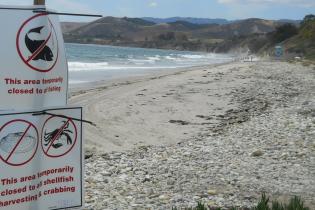
RFP Submission
Southeast Michigan Resilience Fund 2025-2026 Request for Proposals
RFP GUIDANCE
NFWF is committed to operating in full compliance with all applicable laws, regulations, and Executive Orders.
Press Releases
More Than $280 Million Awarded for Restoration Projects on the Gulf Coast
NFWF Announces Sixth Round of Grants from its Gulf Environmental Benefit Fund'
Image
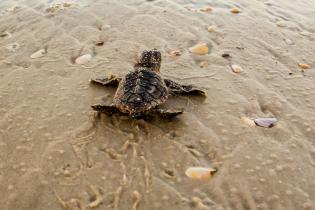
Press Releases
Five Years Later, Deepwater Horizon Oil Spill Recovery Leaders United in Long-Term Commitment to Restore the Gulf
Gulf of Mexico (April 15, 2015) -- Five years after the nation’s largest off-shore oil spill, the leaders of three aspects of the Deepwater Horizon oil spill recovery effort, including the Gulf Coast Ecosystem Restoration Council (
Program
Western Big Game Seasonal Habitat and Migration Corridors Fund
The Western Big Game Seasonal Habitat and Migration Corridors Fund aims to conserve critical winter range and migration corridors to maintain healthy populations of pronghorn, elk and mule deer, and the phenomenon of big game migration. The program is working with conservation partners across Arizona, California, Colorado, Idaho, Montana, Nevada, New Mexico, Oregon, Utah, Washington and Wyoming.Image
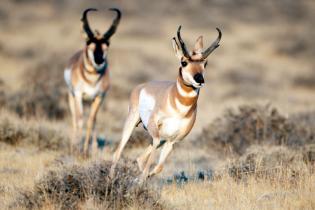
Press Releases
USDA Announces New Partnership with National Fish and Wildlife Foundation to Support Ongoing Gulf Restoration
NORCO, LA., Oct.
RFP Submission
Hawaiʻi Conservation Program 2026 Request for Proposals
RFP GUIDANCE
NFWF is committed to operating in full compliance with all applicable laws, regulations, and Executive Orders.
Federal & State Partners
National Oceanic and Atmospheric Administration
The National Oceanic and Atmospheric Administration (NOAA) works with NFWF to sustain, restore and enhance marine and coastal habitats.Image
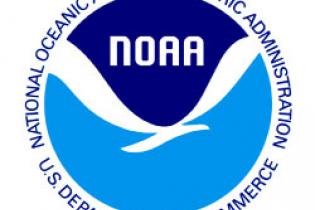
Federal & State Partners
Los Angeles Department of Water and Power
The Los Angeles Department of Water and Power partners with NFWF to protect, restore and conserve California’s critical forested environments.Image
